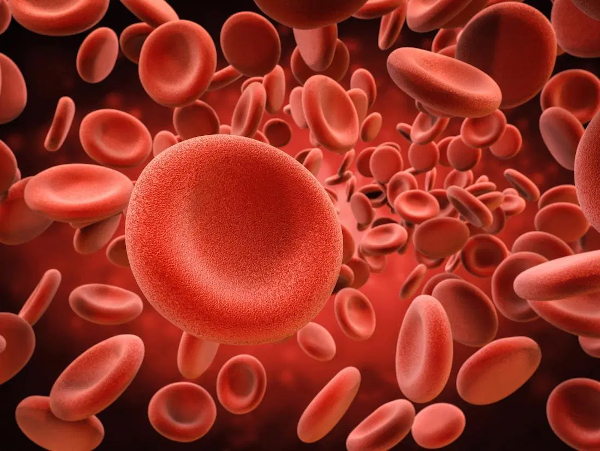The Drugs Controller General of India (DCGI) on Thursday approved hydroxyurea for treatment of sickle cell anaemia.
Sickle cell anaemia (SCA) is a common genetic disorder among Indians affecting the red blood cells. It is transmitted by parents who carry a defective beta globin gene without suffering themselves. Close to 0.4 per cent of the population suffers from the disease while 10 per cent people are carriers who lead to birth of new SCA patients.
The disease is well-known in tribal populations as well as prevalent in general populations in states like Maharashtra, Madhya Pradesh, Chhattisgarh and Orissa. The disorder starts early in life, and the affected children have persistent pain, low amount of haemoglobin (anaemia), low energy, reduced growth plus other abnormalities and multiple episodes of frequent severe pain better known as Vaso-occlusive crisis.
The approval currently legalises the drug to be used at standard doses for treatment of SCA. It also sets up a stage for designing various formulations of smaller dose sizes that promise higher compliance rates in SCA children and may even lead to syrup-based formulations.
The CSIR-Sickle Cell Anaemia (CSIR-SCA) Mission, coordinated by the CSIR-Centre for Cellular and Molecular Biology (CSIR-CCMB) with the help of Cipla, one of the manufacturers of hydroxyurea and with active support from CSIR-IIIM, had approached the DCGI for approval.
“This is a landmark achievement for Sickle Cell Anaemia community. This adds to the advantages of identifying the patients through a targeted screening program. While one of the major focuses of the screening program is to avoid birth of affected children through genetic and social counselling, this approval provides comprehensive treatment to the identified patients. The message now needs to reach clinicians across the country so that they can use hydroxyurea regularly for their patients,” said Dr Giriraj R Chandak, Chief Scientist at CSIR-CCMB and Mission Director, leading the CSIR-SCA Mission.
Source: India Today
You may also like
-
India Against Mpox
-
Combination of ‘Siddha’ Drugs Reduces Anemia in Adolescent Girls: Study
-
Suspected Mpox Case Under Investigation; Patient Put Under Isolation, No Cause for Alarm
-
Prime Minister Applauds India’s Best Ever Performance at the Paralympic Games
-
National Exit Test (NExT) for Ayush to be Effective from 2021-2022 Batch: Union Minister of Ayush Shri Prataprao Jadhav
